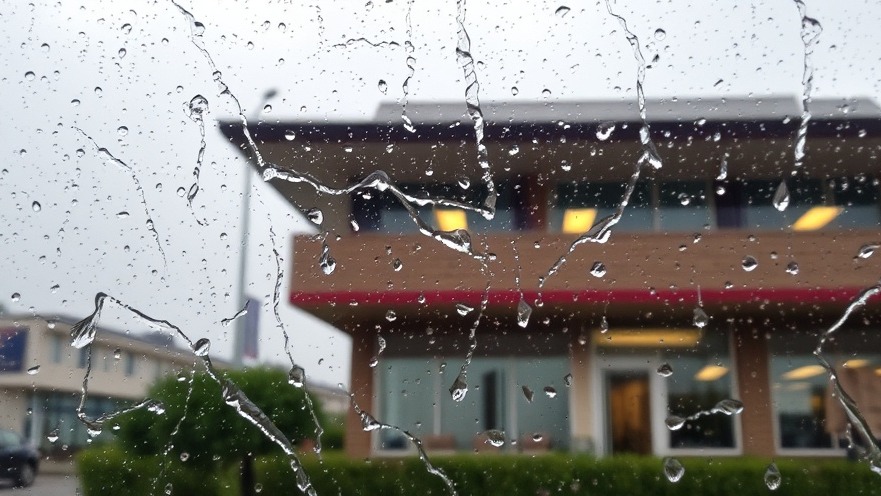
The Missed Opportunity: Texas Emergency Response Bill Stalls
In a surprising turn of events, the Texas Senate adjourned without separately approving Senate Bill 2, a crucial piece of legislation aimed at reforming the state's approach to disaster emergency response. Initially designed to bolster the capabilities of local emergency coordinators, the bill proposed mandatory training, licensing requirements, and established a mass-casualty disaster training program intended for justices of the peace.
A Crucial Bill in Light of Recent Tragedies
Senate Bill 2 was born out of lessons learned during the devastating July 4 floods, which tragically claimed over 130 lives and caused widespread destruction across the state. The urgency for legislative action is particularly striking when one considers the profound community impact of such disasters. Texas has faced numerous emergencies, from hurricanes to floods, making effective emergency response essential for public safety.
Key Changes Proposed in SB 2
The provisions within SB 2 included significant measures, such as establishing licensing for local emergency officials and registration requirements for disaster volunteers. Furthermore, it facilitated reimbursement for counties using helicopters during crises, recognizing the critical role air support plays in managing large-scale disasters. The Senate had previously approved the legislation, but amendments made by the House stirred disagreements, resulting in an impasse.
Political Dynamics and Their Consequences
What transpired in the Senate raises questions about the political dynamics at play, particularly under Lt. Gov. Dan Patrick’s leadership. His decision to allow the Senate to move onto other matters without addressing SB 2, without providing a clear rationale, signifies a disconnect that worries many constituents and advocates for stronger emergency response systems.
Impact on Future Legislation
As both legislative chambers adjourned without reaching an agreement, the prospect of a third special session looms on the horizon. With Texas Governor Greg Abbott remaining silent on whether such a session will occur, the fate of SB 2 hangs in uncertainty. The inability to finalize this bill could have long-lasting consequences for how Texas prepares for the next disaster.
Why This Matters to Texans
The impact of this legislative stalemate is likely to resonate throughout Texas communities if not addressed promptly. For everyday Texans, the lack of a structured emergency response plan can lead to increased risks during disasters. Understanding the legislative process and its outcomes is crucial for residents, especially those living in areas prone to natural disasters.
Looking Ahead: Ensuring Public Safety
One of the most pressing questions for Texans is how this legislative gridlock affects future emergency preparedness. As weather patterns grow increasingly unpredictable due to climate change, proactive measures are essential. This not only necessitates responsible governance but also urges citizens to advocate for policies that prioritize public safety.
The Role of Public Engagement
Texans are encouraged to remain engaged in the political process, voicing their concerns and aspirations regarding emergency preparedness and response. Grassroots movements, community meetings, and outreach initiatives should push legislators to act in favor of stronger policies.
Conclusion: A Call to Action for Texans
The recent setbacks in passing Senate Bill 2 underscore the importance of preparedness in the face of natural disasters. As citizens aware of these issues, it's vital to advocate for a robust emergency response framework that can save lives. Understanding the stakes involved can empower Texans to hold their elected officials accountable. With the looming possibility of a special session, let us all pay close attention and be prepared to act.
 Add Element
Add Element  Add Row
Add Row 



Write A Comment